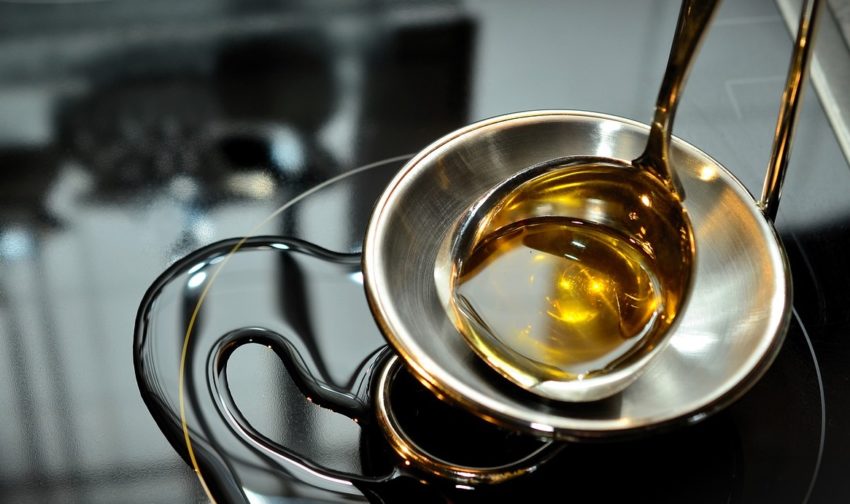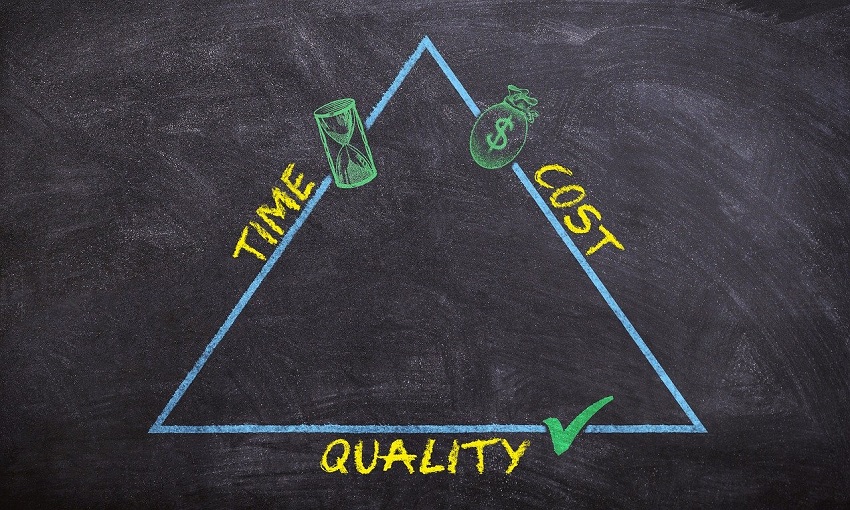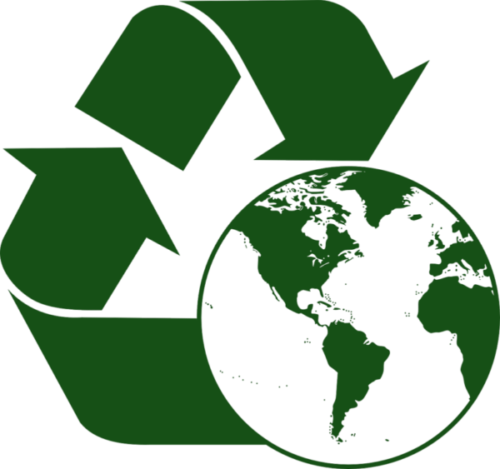Checkout using your account
Checkout as a new customer
Creating an account has many benefits:
- See order and shipping status
- Track order history
- Check out faster
Monthly Archives: February 2020
-
Read more »
Getting Ahead of Spring Cleaning – Review your Grease Management
Running a busy catering business has many demands that need to be met. Not only do you need to provide the best service to your customers, but you must also ensure that your premises and in particular, your kitchen, is up to standard. However, sometimes, with the demands of a busy business, some of these routines can be delayed or missed such as dealing with the way you handle fats and grease.
With Spring fast approaching, it is the ideal time to review procedures like your grease cleaning schedule and see what measures need to be improved.
-
Read more »
The True Cost of a Grease Trap
The FOG problem is pollution pure and simple: fatbergs make sewer overflows more likely and so make it more likely that raw sewage will end up being sent straight in our waterways. A high quality grease trap, maintained in good working order, can be relied upon to help stop such overflows from happening – cutting down on the environmental costs of our national love of fried fast food.
What’s more, a good trap can be relied upon to protect you from financial penalties: as each berg costs water companies £100,000 to remove and, increasingly, those costs are being passed onto food businesses deemed to be at fault.
All in all, grease traps are great. But many people are still asking: are they really worth it?
For those who are new to the FOG issue, the price tag seems huge.
So, let’s break it down. Starting with:
-
Read more »
Could Oil Banks Help to Fight Fatbergs?
Fatbergs are a big problem. Luckily, there are many ideas and inventions currently at work attempting to stop them from popping up.
Besides the trusty and traditional grease trap, food businesses can now indulge in add-ons such as bio-dosers, which use chemical or bacterial mixtures to break down FOG in drains or in traps.
Meanwhile, water companies are spreading the word not only amongst food businesses but – fully aware that household FOG waste is a major contributor to the fatberg problem - amongst the general public too. As a result, we now all know not to flush anything except the 3Ps (pee, poo and paper), and we all know that pouring FOG down the plughole is never a good idea.
-
Read more »
Rethinking the Usual Suspects
Fatbergs seem to be forming everywhere. Across the country, fats, oils and grease (FOG) are slipping and sliding down drains and into our sewers where they cool and solidify into huge sewer-blocking masses over time.
These discoveries have left many wondering: who’s to blame?
Everyone’s got an idea of who to point the finger at, but, as with any finger-pointing, the reality is often more complicated than it seems.
Let’s look a little closer.




